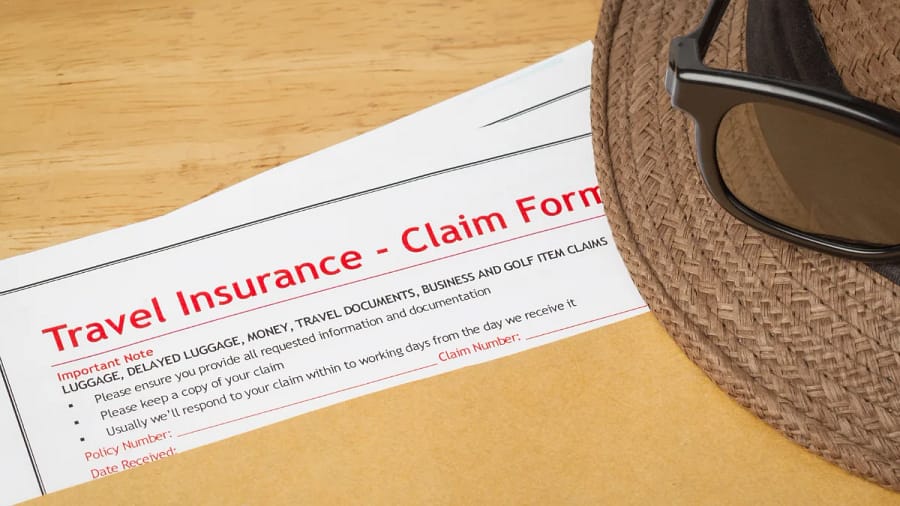


Travel health insurance claims work like most insurance claims- filling a claim form, giving all the necessary information, and submitting the documents required to support your claim. In return, the claims department will review your claim and process your submitted papers. The Claims department may often follow up with questions or requests. On receiving all the information, they may proceed with the reimbursement. Overall, the process sounds simple. Here are the five tips to make it successful and easier.
No matter what travel plan you intend to buy, you must understand the policy, benefits offered, and coverage levels. When you buy a plan, you will find the certificate which will have the description of coverage listing the benefits, what it includes and excludes, maximum coverage levels, and optional add-ons if any.
In addition to the summary, each benefit is specifically outlined with full coverage details. Also, the certificate offers a section that defines various terms and an exclusion section that tells you about the events that are not covered in the policy and the procedure for claims. When buying a travel insurance plan from Visitor Guard®, you can click on the selected plan’s brochure to know the plan details.
Documents are essential for getting reimbursement for a covered reason during your trip. Even if you are entitled to receive a payout for your claim, you may be denied giving a payout for lack of documentation to back up your claim.
For instance, if you claim trip cancellation for a covered reason, you must show receipts or credit card statements showing that you paid for accommodations, flights, and other travel-related costs. Without proper documents, the claim department has no way to verify what you paid.
Now, if you are claiming stolen luggage or personal belongings, you should report the theft and keep a copy of the document provided by the local police. It will provide proof to the insurance company that the event happened. If needed, take pictures of the items before packing them.
Documents that are needed:
There can be a medical emergency during a trip. Food poisoning, fever, injuries, flu, heart attack, and seizures are some common emergencies that can happen anytime. In such cases, you may have to seek immediate medical attention. Though contacting your insurance company is necessary, it also becomes vital to pay attention to the emergency first.
Once the situation is under control, you can contact your insurance provider and inform them about the situation. They can help you with the proper guidance about the care, hospital, transportation, and even help with a translator.
In case of trip cancellation due to sickness, you will need to visit a doctor and get documents or prescriptions showing that you are too ill to travel. Then, you need to show the documentation to the insurance company that you are recommended not to travel, hence canceling the trip. This tip applies to any medical event or emergency you face before or during travel.
Your travel insurance company keeps your safety on their priority list. There can be situations like a natural disaster, a delayed flight, stolen bags, and more. You can find a 24-hour assistance phone line, and they can help you walk through the problems you are facing. They will help you with clear directions and guidance on what steps to be taken.
Claims, queries, and questions should be asked directly to the company. If there is any medical emergency, call your insurance provider after handling the situation. It is suggested not to make assumptions about your claims and coverage because you may misinterpret them. Instead, contact the company, inform them about the situation, ask them about the claim process, and then take the necessary step. In addition, the customer assistant can inform you about benefits, documents, and local facilities and arrange other essential services, if needed.
Most of the time, what travelers do is return home and then file their claims. Well, this is fine, but it is recommended not to wait for so long to file the claim. Most insurance companies need claims to be sent as soon as possible and typically within 90 days of seeing the provider. For example, if you are vacationing for a month in Italy and need to be hospitalized for 3 days due to sickness, reach out to your insurance provider as soon as possible once the situation is in control.
The sooner you file your claim with documents, the sooner the company starts investigating and processing the claim. The longer you wait, other policyholders’ claims may stack up in between, which can delay your claim process.
You can follow these tips while filing a travel health insurance claim. Keep these points in mind, do the paperwork correctly, and share all the necessary documents to speed up the claim process.